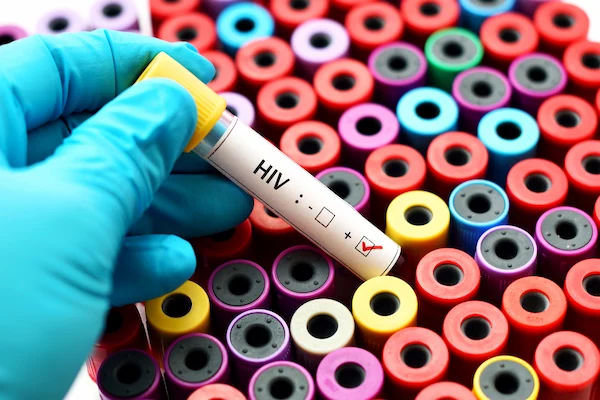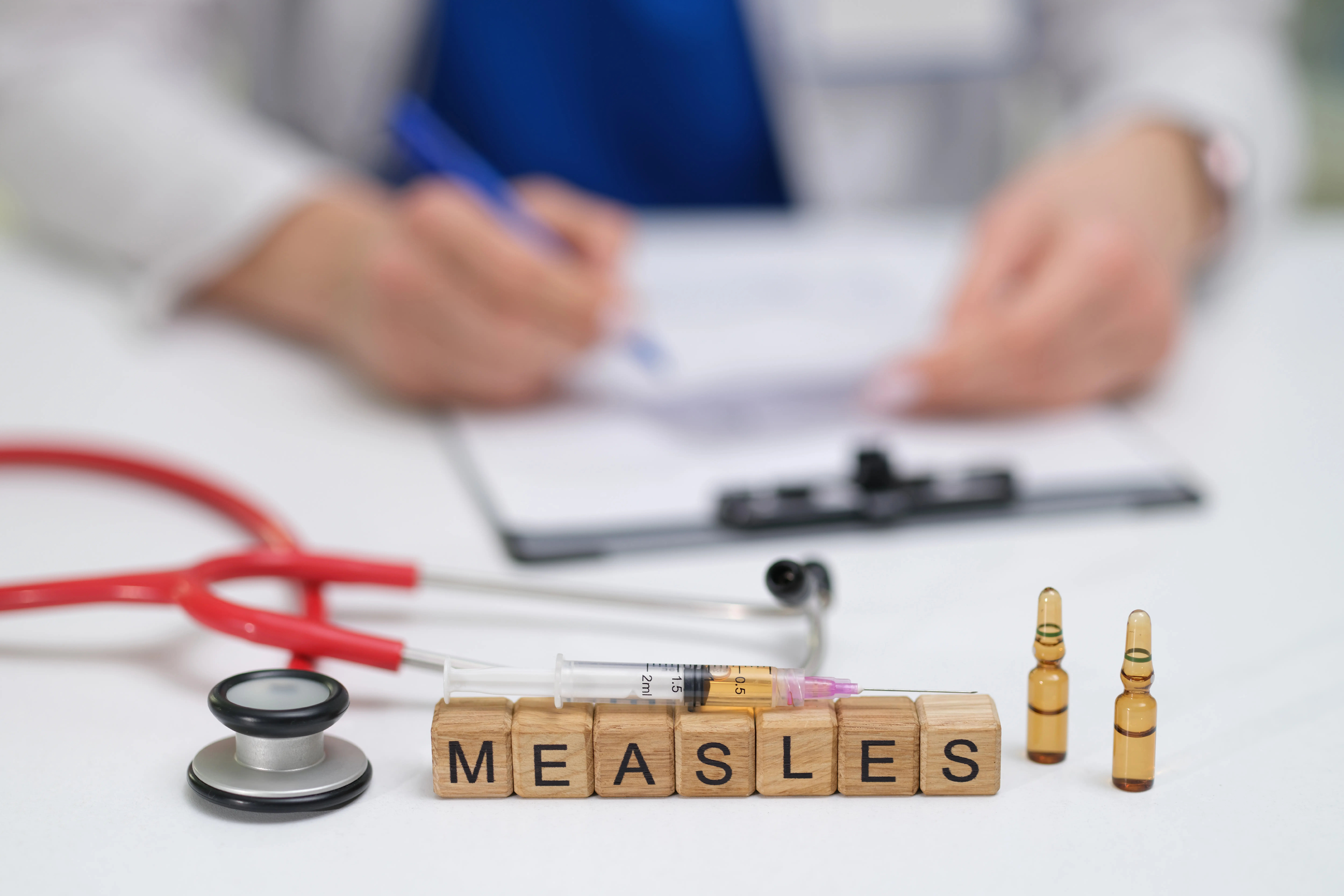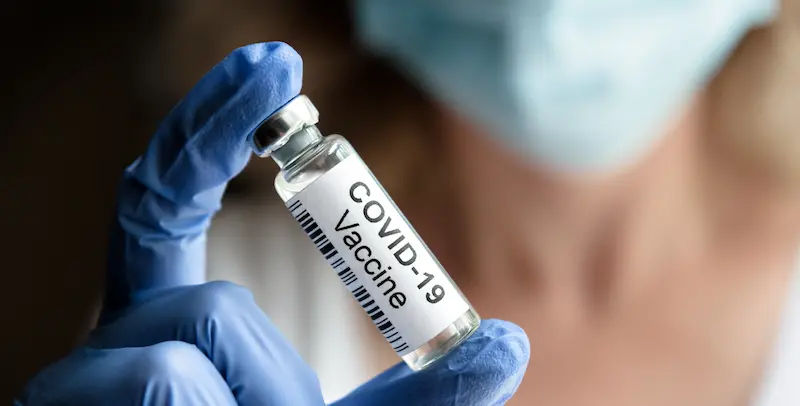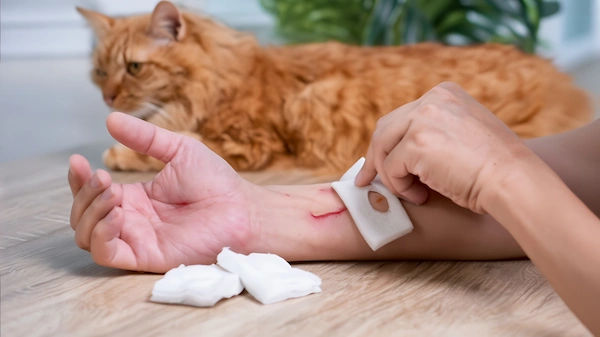- male
- 30 Years
- 23/01/2025
I recently had a risky encounter with a commercial sex worker and was pretty worried about HIV exposure. I went to see a doctor right away and started a post-exposure prophylaxis treatment with tenofoviremtricitabine and raltegravir, just under 12 hours after the exposure. I just finished the 28-day course and got tested on the 29th day with a CMIA test that came back negative. Does this mean Im in the clear, or should I be concerned about anything else related to HIV?
Answered by 1 Apollo Doctors
It's reassuring that your CMIA test on Day 29 was negative, and you took PEP promptly, which greatly reduces HIV risk. However, follow-up testing at 6 weeks and 3 months post-exposure is crucial to confirm your status fully. Stay positive and consult your doctor for guidance.
Dr. Dhankecha Suggests...
Consult a Infectious Disease specialist
Answered 04/07/2025
0
0

More Infectious Disease Health Queries
View allWhat should I do if a mongoose suddenly jumped on my foot? I'm not sure if it was his nails or if he bit me, but I felt something. Should I be concerned?
If there is no wound you can ignore it,if you have any you have to recive complete course of ARV
Answered by 1 Apollo Doctors
Is there any chance you could get HIV from oral sex? And what about if you have sex using a condomdoes that completely prevent HIV, or is there still some risk involved? I'm kinda worried and would love some clarity on this.
There is minimal chance of getting infected through oral sex and protectedbut yes there is risk of getting infected.
Answered by 1 Apollo Doctors
I'm really worried after what happened. I took an HIV test using the CMIA method at 7 and 8 months post-exposure, and both times it showed non-reactive results with index values of 0.09 and 0.25. Can I consider myself completely free from HIV, or is there something else I should be doing?
Yes you are free from the infection as you had a risky exposure,bettr get your self tested every six months for a period of 2 years
Answered by 1 Apollo Doctors
Disclaimer: Answers on Apollo 247 are not intended to replace your doctor advice. Always seek help of a professional doctor in case of an medical emergency or ailment.





